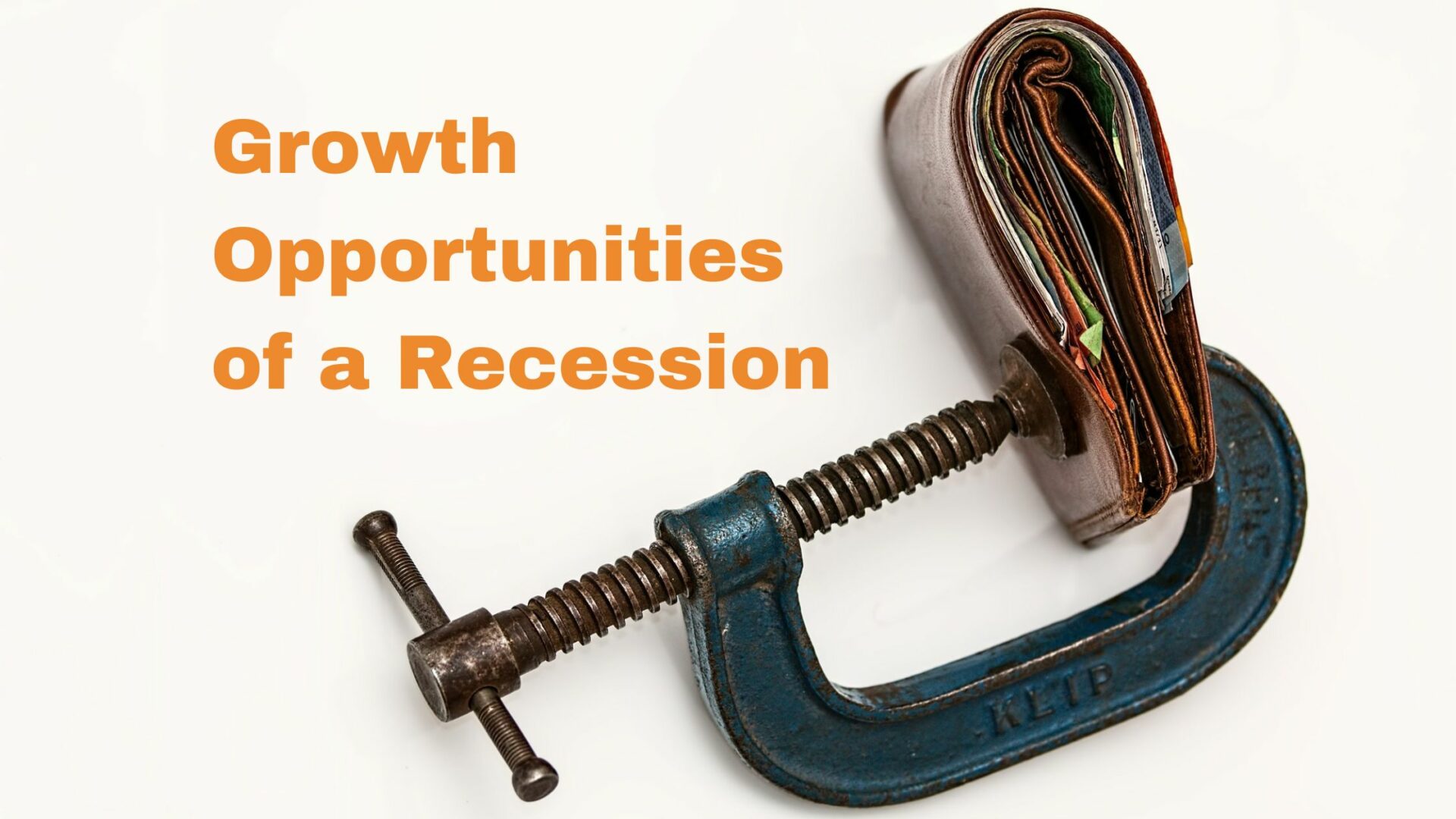Fyodor Dostoevsky once wrote, “Much unhappiness has come into the world because of bewilderment, and things left unsaid”. He’s not the first person to write – or talk – about communication and the many great problems that can occur because of it, and he definitely won’t be the last!
In business, great communication is a prominent issue. Effective communication can benefit a company astronomically, whilst poor communication can cripple it.
Nowadays, most people will openly admit that they would benefit from better communication skills and don’t have a clear idea of their communication style. What they do know is that they’re commonly misunderstood when they think they’ve been clear, which definitely isn’t ideal!
But becoming an efficient communicator is much simpler than you might think.
What Are the Main Principles of Great Communication?
There are only two principles that you need to know to improve your communication.
The first is awareness. In particular, it’s about being aware of how communication and processing styles can be different between two people, which can make sharing ideas a little tricky sometimes.
The second is not about talking at all but about listening. Being calm, open, and creating the space to listen and absorb is a vital aspect of communication. If you’re wrapped up in what you’ve just said and what you’re going to say next, how will you have the room to think about what’s being said to you?
Is There a Simple Way to Start Practising These Principles?
Over the years, our growth consultant team has found that if we wanted to help CEOs become more effective at operating their business, we had to put a lot of time into how they shared and received information.
There’s a huge amount of science around the topic of communication and a whole range of products and systems out there to help businesses communicate better. But, they’re often complex and don’t offer an easy, simple way to share information. That’s why we created Think Feel Know.
It’s a simple framework that’s highly effective when supporting our clients and improving their communication skills. Think – Feel – Know focuses on three essential frameworks processing information; thinking, feeling, and knowing!
There are just three rules that make up the foundations for the framework:
- Each of us has our preferred style of communication that comes naturally to us
- There isn’t anyone style that’s better than the other
- We use all three styles all of the time
What Are the Three Styles of Communication?
To use the framework, the first thing you need to understand is the different styles of communication.
The thinking style is all about using data, rational thinking, and decision making to communicate.
The feeling style involves stories and anecdotes. There’s lots of human interaction, and they make decisions on how they feel and work well when presented with visual arguments (like pictures and graphs) rather than just factual data.
The knowing style is based on instinct and intuition, with communication being short and efficient. Decisions are made quickly and often don’t take too much data and detail into account.
How Do the Different Styles Work in Action?
If you’re not sure how those three different styles would work in the real world, let’s take a look at a real-life situation.
Think of a family eating out at a restaurant. The dad looks thoroughly at the menu and each item, analysing what he’ll choose according to what he ate most recently, the dishes price, and value for money.
The mum talks about what she fancies and feels like eating and looks at what others are eating to make her decision. She might even ask people what they recommend to help her.
The child doesn’t look at the menu, asks for something that isn’t on the menu and gets stressed and annoyed when others take too long.
In this story, the dad is a thinker, the mum is a feeler, and the child is a knower.
Are Any of These Styles the Best Choice?
Let’s make this very clear: none of these styles is better or worse than any other; they’re simply different. Some people may even have a combination of all three!
The effectiveness of great communication doesn’t lie in which style you are but how well you can recognise and understand your styles and the style of those around you. This allows you to adapt your style to suit others better, creating connections and sharing ideas effectively.
How Does Great Communication Affect Business?
In business, communication is such a crucial aspect of finding success. If an individual struggles to communicate effectively, it can impact how whole teams discuss and make decisions. A strong knower can find thinkers frustrating and irritating, whilst the thinker finds the knower rash and irrational.
Great teams have a balance of different communicators, but they understand their own styles and that of those around them.
Communication also influences the relationship between business, suppliers, and customers.
It might be surprising to hear that many CEOs fit the knowing and feeling type of communicator. Yet, a lot of advisors are thinkers. If you want to do business together, you need to understand and adapt your communication style as a CEO to use more data. Offer options and choices, and those around you will be more likely to listen.
You don’t have to change everything about how you speak and work. That would be going against your natural instincts and probably won’t lead to any success! But being aware of how you can adapt your speech to connect with people you struggle with is essential.
What About Mass Communication?
So you understand what to do when speaking to an individual, but what about a group? How are you meant to adapt when you’re speaking to hundreds or even thousands of people? What do you need to do to have great communication to the masses?
First, you’d have to review all of your material. Consider whether or not you have elements that will appeal to every style. This means incorporating data, imagery, and summarising text in bullet points, as an example. You need to blend the styles, helping everyone take something from what you’re saying.
If you don’t and you stick to just your style, you’re going to miss out on 60% of your audience. That definitely isn’t great communication!
If you’d like to learn more about how you can grow your business by using effective communication, get in touch with our growth coach company today. When it comes to the effective management of scaling companies, we’re the experts.





